Philosophy or Religion?
One of the big controversies in Daoist circles is the distinction between what used to be called “religious” vs. “philosophical” Daoism. These terms are somewhat outdated and reflect a distinct prejudice against organized Chinese Daoist sects; 20th century books routinely put down religious Daoists as “corrupt, “superstitious,” and focused on “miracle cures,” perhaps unconsciously projecting the sins of the medieval Catholic Church onto Chinese religious groups. Chinese culture developed both branches, so it seems kind of arrogant for modern Westerners to tell Chinese Daoists that they’re doing it wrong.
Some current scholars, such as professors Russell Kirkland, Michael Saso and Louis Komjathy, reject the very idea of “philosophical Daoism.” They tend to be in the field of religious studies, so this may be an issue of definition. Clearly, some Chinese people (out of 1.3 billion) appreciate Daoism as a philosophy today — comparable to Existentialism, perhaps — but not as a religion. To deny this only makes sense if you say the philosophical branch does not fit your concept of a formal religion, which is true by definition but doesn’t really tell us anything.
This question — “Is there such a thing as a philosophical Daoism?” — gets complicated because people are discussing 4 separate locations in time and place, and each may have a different answer; 1) in China during the Warring States period, when the two great Daoist books were most likely written; 2) in Han-era China (up to the 2nd century CE); 3) in modern China; and 4) in the modern West.
The real controversy is over what happened historically. We know that the Daodejing (Tao Te Ching) and Zhuangzi (Chuang Tzu) were written no later than the 4th century BCE, but there is no evidence of an organized Daoist religion until Zhang Daoling founded the Celestial Masters in 142 CE, some 400-500 years later. Zhang went much further than just a religion, leading a movement that rebelled against the Han empire and created a theocratic Daoist state, which lasted 31 years before the Wei dynasty absorbed it (and adopted Daoism as a state religion.) More on that in a future post.
The outdated 20th century conception of “philosophical” vs. “religious” often included an assumption that before 142 CE, there was only a “pure” philosophical Daoism, which was later corrupted. For a school of thought that begins with a warning about the limits of what we can know and teach, this is a dangerously un-humble assumption.
We have very little evidence about what pre-Han Daoism looked like. Perhaps it was very similar to later religious Daoism, but simply wasn’t recorded in any of our surviving histories. Or it could be that Zhang Daoling radically changed the philosophy of those first two books into an organized religion. (He said that Laozi appeared to him in a vision and commanded him to lead a movement to “rid the world of decadence.”)
We do know that the Celestial Masters created the first known Daoist priesthood and had a lot of concepts and practices that aren’t found in the Daodejing or Zhuangzi. These include a heavy emphasis on preserving and balancing qi, in significant part by the conservation of semen, which if properly done would lead to a form of immortality. Illness and crime were considered a result or byproduct of sin, and repentance rituals emphasizing confession were the cure.
This is pure speculation on my part, but it’s tempting to think that Zhang Daoling’s vision was triggered by observing Buddhist monks, who arrived in China in the mid-first century, roughly 80 years before he founded his religion. Buddhism and Daoism were rivals with a lot of similarities, and their cross-pollination eventually led to the development of Chan (later, Zen) Buddhism. If you really want to speculate wildly, you could connect the confession rituals of Zhang’s movement to nascent Christianity somehow being transmitted along the Silk Road during its first century.
Despite the occasional archaeological discovery (e.g. the Guodian bamboo strips from 300 BCE), we aren’t likely to ever know with certainty what early Daoists did or believed. We have only the original two books, the sudden appearance of the Celestial Masters centuries later, with significant differences, and a single additional source; a mention in Sima Qian’s “Record of the Grand Historian” (circa 100 BCE). Sima distinguishes between Daojia and Daojiao, and the 19th century missionaries who first translated Daoist works into Western languages rendered those terms as “philosophical Daoism” and “religious Daoism.” Unfortunately, Sima’s precise meaning is unknown, and he doesn’t give details that might help us see if that is accurate, or whether his “Daojiao” bore any similarity to Zhang’s Celestial Masters as they appeared 250 years later.
Given the wide range of vastly different interpretations of the Daodejing and Zhuangzi — even in Zhang Daoling’s time — my best guess is that he took one of those interpretations and codified it in practice. Since later religious sects all followed at least part of the Celestial Masters’ approach, the odds are good that there are other valid approaches to living a Daoist life that were left by the wayside (so to speak).
Fundamentally, I think the disagreement about philosophical Daoism misses the point. Whatever form Daoism was practiced in before Zhang Daoling created his sect, it is clear that most Westerners today adhere to something that can well be described as “philosophical.” They may practice qigong (Tai Chi) or martial arts, but very few indeed have joined one of the two lineage traditions that continue in China and Taiwan today. (Perhaps not coincidentally, Professors Saso and Komjathy are among those few.)
Unless you are going to argue that Westerners have no right to use Daoism as a philosophy, and must either join a religious group or piss off, then philosophical Daoism is a fact. There is no reason to dismiss this Way, just as it is foolish to dismiss the Chinese groups that have been practicing Daoism for centuries in a Way fitted to their culture. After all, if the Way that can be taught/expressed/written about is not the eternal/true/constant Way, who is to say that ritual, physical practice and watching someone who has pursued Daoism for decades is not a better path to grasping it?
——————————————
Update: Over on the Tao Bums forum, users have made a couple of excellent responses to this post. Dawei suggests that I should expand my four locations in time and place to five, adding “China before the Warring States period.” This is wise. The oldest copy of the Daodejing that archaeologists have found dates to around 300 BCE, toward the end of the Warring States period, and our oldest copies of Zhuangzi date to around that time as well. But the books (or parts of them) could be much older, as indeed Sima Qian’s history in 100 BCE claimed. As above, we have no way to prove what the reality was, one way or the other.
Dawei and Stigweard also pointed out that there are books older than Sima’s which reference Laozi, Zhuangzi or some of their ideas. For example, the Han Feizi was written by the author of the same name, who was born in 281 BCE and died in 233 BCE. It has two full chapters of commentary on Laozi’s teachings. Also, the lost Legalist classic Shenzi appears to have predated Laozi but apparently contained some ideas similar to Daoist thought. For that matter, the much older “Art of War” by Sun Tzu has passages that look rather Taoish to modern eyes, though it’s not considered by scholars to be a Daoist work. As far as I know, however, none of these offer any evidence as to how “religious” or “philosophical” pre-Han Daoists were. Zhuangzi’s passage about “fasting of the mind” is a clear reference to meditation; but that’s compatible with either approach.
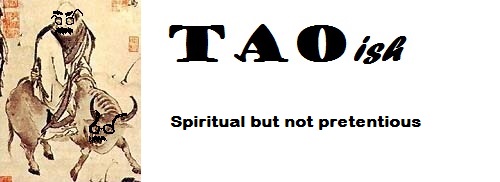
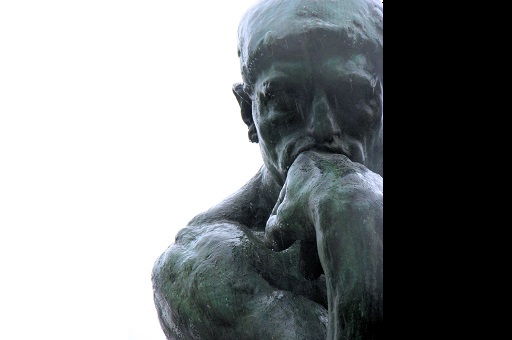


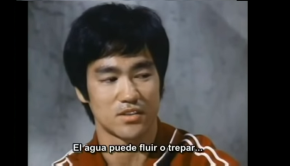
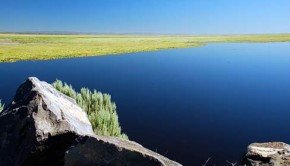


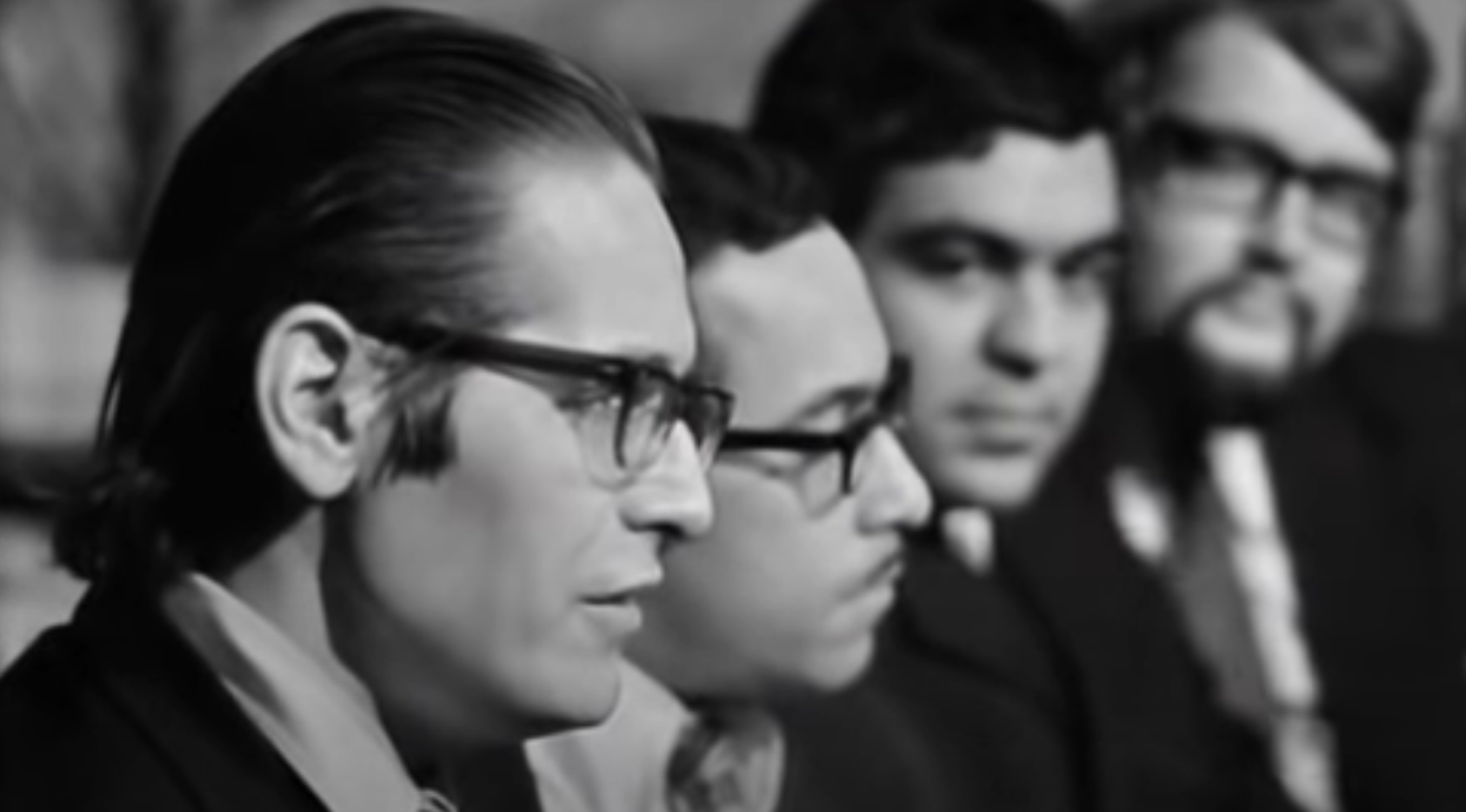
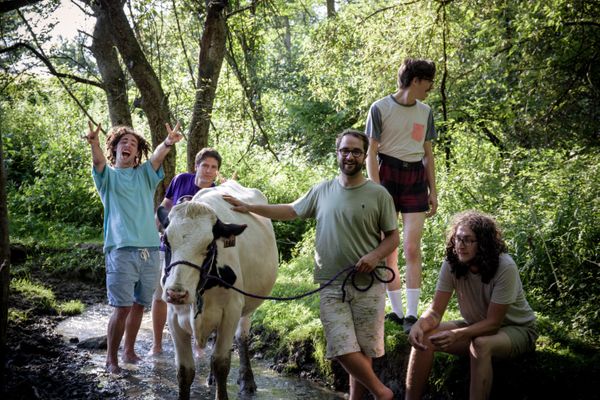

3 Responses to Philosophy or Religion?